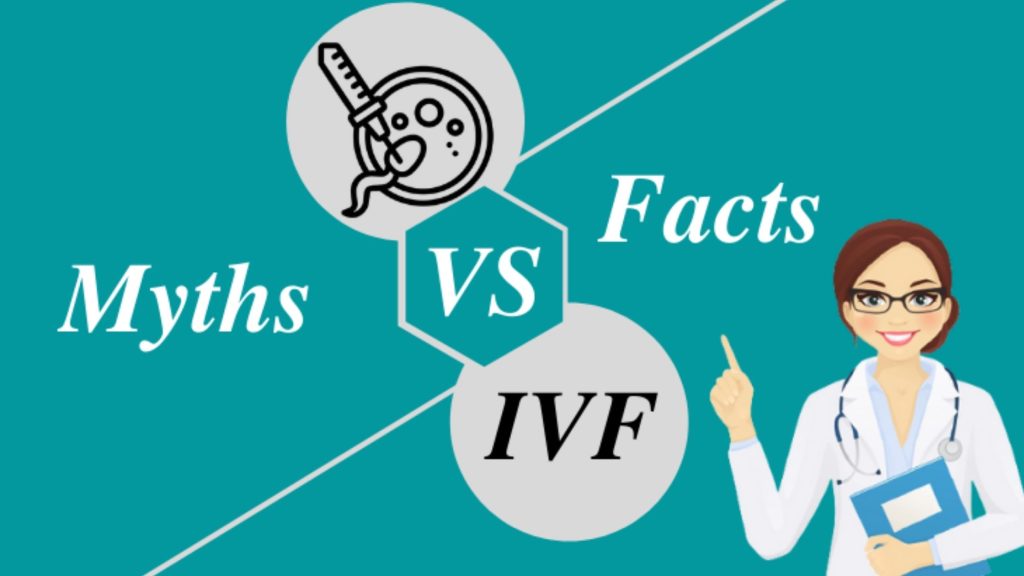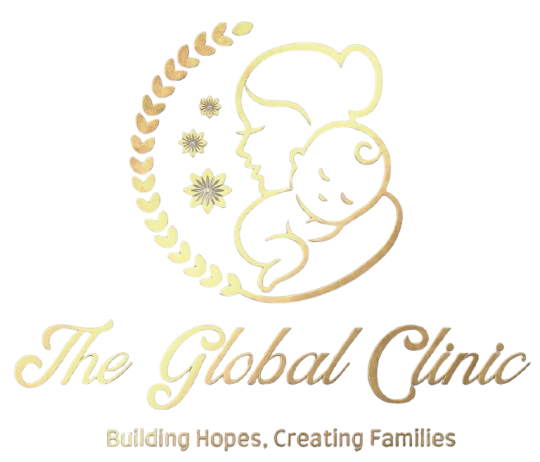Although in vitro fertilization (IVF) is a common and successful therapy for infertility, it is shrouded in myths and misunderstandings. Because of the confusion around IVF myths, several couples are discouraged from seeking IVF therapy, which may be a lifesaver for couples dealing with infertility.
According to Dr. Ramya Mishra Shukla, the best fertility & IVF specialist In Greater Noida, couples must be well-versed in IVF myths and realities, as well as have any worries about the process addressed.
Just keep in mind that IVF is a godsend for childless couples who want to have a family.
Knowing the myths and facts about IVF therapy will help you make an informed decision about whether or not this is the right treatment for you.
IVF is costly, and not everyone can afford it. IVF does not guarantee a positive outcome. IVF is a painful treatment. There are several misunderstandings regarding IVF that deter prospective couples from pursuing this treatment.
Finally, couples who regard IVF as their final option give up without ever trying it or contacting a local IVF treatment centre. If you are in a similar situation and are caught in this decision, read the following facts regarding IVF therapy.
Myth: IVF is the sole treatment for all types of infertility.
Fact: IVF is one of several assisted reproductive therapy options available today. Intrauterine insemination, medication-assisted ovulation induction, and other methods are also advised for childless couples.
Myth: In IVF, age is unimportant.
Fact: The reproductive system of a woman ages alongside her. Even with IVF, she may be unable to produce enough eggs to produce a healthy embryo. It’s also conceivable that her uterus is unable to carry a kid to term.Some couples face challenges that make multiple IVF rounds more likely.
IVF, like spontaneous conception, has no assurance of success. Your physicians will describe your possibilities of success according to your age and the health of your partners.
Myth: IVF is the only way to conceive a child if you’re infertile.
Fact: Unless you or your partner have genetic issues or are in a same-sex relationship, you may not need IVF to have a healthy child. We will only suggest IVF after you and your partner have had completed fertility tests.
Simpler therapies, such as structural surgery or hormone-balancing medications, may be effective.
Myth: IVF pregnancies result in cesarean deliveries.
Fact: IVF pregnancies are similar to naturally conceived pregnancies, however, they do not indicate the need for a cesarean section. Elective cesarean delivery is an option for couples who have tried to have a baby for many years or who have enhanced their chances of multiple pregnancies.
Myth: IVF is exclusively for the wealthy.
Fact: Many couples don’t even want to go to an IVF clinic for a consultation because they think IVF therapy is too costly. The truth, however, is not as many people believe.
IVF is undoubtedly pricey, but it is less expensive than several other infertility surgery procedures. It comes with some expenditures that haven’t grown in years.
Myth: IVF is only useful to young couples.
Fact: Although age plays a role in determining fertility, IVF treatment has shown to be just as beneficial for older women as it has for younger ones.
Donor eggs from young women are used in the treatment of mature-aged women. Women in their forties and fifties, on the other hand, had lower maternity rates than women in their forties and fifties.
Myth: Fertility medications are linked to cancer.
Fact: Although medicines are required to induce ovulation and the release of numerous eggs, they are completely safe. IVF has been used to conceive babies by more than 48.5 million couples throughout the world. In the years after these couples’ treatment, no studies have found an increased risk of cancer.
Myth: Donating eggs can lower your egg count.
Fact: During menarche, a woman produces more than 4 lac eggs. Only 400 of the eggs are necessary for a full lifetime. Every month, about 12 of them are prepared, with just 1–2 mature enough to be released during ovulation. In this manner, 18–19 beautiful eggs perish. IVF technology is beneficial in maintaining the development of these eggs. As a result, donating eggs will not affect their number or count in any manner.
Myth: IVF-assisted pregnancies lead to cesarean births
Fact: Because IVF pregnancies are identical to naturally conceived ones, it is a complete fallacy that they increase cesarean births. Cesarean delivery is an option for couples who have tried unsuccessfully to conceive a child for many years, or for couples who are healthy and have the potential for a normal pregnancy. Standard delivery is possible in the event of an IVF pregnancy.
Myth: Herbal medications can help in IVF.
Fact: Insufficient evidence has been gathered to support this claim’s believability. According to research done in Denmark, women who utilized supplementary procedures and alternative therapies reduced their odds of becoming pregnant through IVF by 30%.
Because the effects of most herbal drugs on IVF therapy are unknown, it’s risky to use them throughout the process.
Takeaway
According to statistics, barely 15-20% of patients who have done the IVF process publicly discuss it. The fact that IVF is surrounded by these myths is because the issue is still under-explored and ignored.
Myths like IVF infants aren’t always normal or IVF pregnancies don’t always last are depressing. You may get true trust in IVF by dispelling all myths and misconceptions about the procedure.
It’s high time to be honest about IVF therapy and discuss your infertility problems with IVF professionals.
Couples who are losing hope of having a child might get a lot of support from the IVF Doctor in Delhi NCR, Dr. Ramya Mishra Shukla.
Dr. Ramya has over 10 years of experience dealing with challenging situations such as recurring IVF failures, donors, and infertility. She also treats infertility caused by ovulatory disorders and other endocrine problems.
Is IVF the best choice for you? Schedule an appointment with us if you’re having trouble starting a family and think IVF could be the answer.




